Join researchers and practitioners from over 30 countries at the 2018 Meaning Conference, a “big tent” gathering known for its inclusivity, integration, and innovation in meaning research and its applications since 2000.
See for yourself why many—including luminaries such as Dr. Carol Ryff—have called this their “homecoming,” especially as we celebrate the INPM’s 20th year anniversary jointly with founder Dr. Paul Wong’s 80th birthday.
Speakers
Carol D. Ryff, Ph.D.
Hilldale Professor of Psychology and Director of the Institute on Aging at the University of Wisconsin-Madison
Michael F. Steger, Ph.D.
Professor of Psychology and Director of the Laboratory for the Study of Meaning and Quality of Life at Colorado State University
Ken Sheldon, Ph.D.
Curator’s Distinguished Professor of Psychology and Director of the Sheldon Motivation Laboratory at the University of Missouri
Phil Watkins, Ph.D.
Professor of Psychology at Eastern Washington University and researcher and author on gratitude and well-being
Emmy van Deurzen, Ph.D.
Founder of the Society for Existential Analysis and Existential Analysis and Principal of the New School of Psychotherapy and Counselling
Robert Neimeyer, Ph.D.
Eminent Professor of Psychology at the University of Memphis and Editor of Death Studies
Michael H. Bond, Ph.D.
Emeritus Professor of Chinese University of HK and Visiting Professor of Polytechnic Uni. of HK
2018 INPM Lifetime Achievement Award
Bruce Alexander, Ph.D.
Emeritus Professor of Simon Fraser University and researcher in global drug addiction
2018 INPM Lifetime Achievement Award
Itai Ivtzan, Ph.D.
Positive psychologist, senior lecturer, and program leader of MAPP (Masters in Applied Positive Psychology) at the University of East London
Tim Lomas, Ph.D.
Lecturer in Positive Psychology at the University of East London and co-author of Second Wave Positive Psychology
Chris Corrigan
Facilitator, strategist, system thinker, and coach for organizations, communities, and teams based in Vancouver, Canada
Paul T. P. Wong, Ph.D.
Founder of Meaning Therapy and the International Network on Personal Meaning, and Emeritus Professor of Trent University
Invited speakers include Veronika Huta, Roger Tweed, Piers Worth, Joel Vos, Eileen Dowse, Yannick Jacob, Pninit Russo-Netzer, Kathy Story, and more.
Location
Executive Airport Plaza Hotel (Richmond)
7311 Westminster Hwy, Richmond, BC, V6X 1A3, Canada
Meaning Conference 2018
SUBMISSIONS
(View on the official conference site.)
Since 2000, the INPM’s International Meaning Conference has been the only world congress totally dedicated to meaning-oriented research and its applications. It has been a gathering place for all who are interested in making a difference in the world through meaning, regardless of their discipline or theoretical perspective.
The International Meaning Conference is globally known for its quality programs, distinguished speakers, positive atmosphere of collegial open-mindedness, and exchange of provocative ideas, where traditional barriers fade in light of a shared higher purpose.
Between programs, there are many opportunities for conversation, reflection, and discussion about collaborative research with individuals whom one does not normally meet at conferences devoted to only one discipline or one approach to psychology.
Conference Themes
- Evolution of positive psychology and the emerging existential positive psychology or second-wave positive psychology (PP 2.0)
- Working with meaning-in-life issues in counseling, coaching, and therapy
- Research and practices to enhance meaning of work, positive management, and positive organizations
- Meaning-oriented interventions to enhance wellbeing and human flourishing
- Focusing on virtues such as courage, faith, meaning, and
wellbeing in adversity or trauma - Exploring life education or positive education 2.0 in promoting global
wellbeing and peace - Understanding the existential crises of terrorism, violence, pollution, opiate addiction, etc.
- Incorporating cultural differences and indigenous psychology in well-being research
- Other topics related to worldviews, beliefs, spirituality, self-transcendence, and PP 2.0
Submission Guidelines
Submissions are not restricted to the above conference themes. We welcome submissions on a wide variety of topics related to the broad domains of meaning research and applications, such as resilience, grit, addiction recovery, positive education, life and death education, and psychotherapy. Both qualitative and quantitative presentations are welcome.
Submissions on the topic of the meaning of work, positive management and organizations, and the like may be placed within the Work and Meaning tract organized by the Work and Meaning (WAM) Special Interest Group of the INPM (click here to learn more about the WAM Special Interest Group).
Please submit all abstracts to drpaulwong@gmail.com no later than 11:59 PM on April 30, 2018:
- The email subject line should be “Meaning Conference 2018 Submission | [Author Name(s)]”
- The attached file(s) should be .docx or .doc (or .rtf for those without Microsoft Word)
- Minimum 1 and maximum 3 submissions per person
- Text should be single-spaced, Times New Roman, 12-pt font
- Include author name(s) and affiliation(s), submission title, presentation type, presentation length (if it is a workshop)
- Please see the presentation types below for further instructions for each presentation type and CE credits
Notice of acceptance will be issued as soon as the review is completed, and no later than May 20, 2018.
Submission Types
Symposia | Symposia are 60-minute presentations by 3-5 individuals who address a common theme or topic. Ten minutes should be reserved for questions from the audience. Proposals for symposia should include a 300-word overview and abstracts from the individual participants of about 300 words.
Workshops | Workshops may range from 1 to 2 hours. Typically, they involve interaction with participants with a focus on interventions. Workshop proposals should include a 500-word overview and a 250-word biography which includes the presenter’s education and professional experience.
Paper Sessions | Individual oral presentations should be no longer than 10 minutes and will be grouped with other presentations. Individual papers should include a 300-word abstract and an indication of which conference theme(s) apply to it. Your submission may be reviewed for a poster presentation if it cannot fit into a paper session. Please note that invited paper presentations will be 20 minutes.
Poster Sessions | Poster submissions should include a 300-word abstract. Posters will be displayed on 4’ x 3’ (121cm x 91cm) poster boards.
CE Credits | If you seek CE Credits, please include a 250-word biography for each presenter as well as the learning objectives of your submission.
STUDENT SCHOLARSHIP CONTEST
(View on official conference site.)
The concept of second wave positive psychology (PP 2.0) has been in the literature since Wong (2011). Recently, empirical support for the importance of integrating negatives and positives has been reported (Ivtzan, Lomas, Hefferon, & Worth, 2015; Lomas & Ivtzan, 2015; Kashdan & Biswas-Diener, 2014; Wong & Roy, 2018).
One of the aims of the second PP 2.0 Summit at the International Meaning Conference 2018 is to explore the nature of happiness or
Prizes
As judged by a panel of adjudicators consisting of Veronika Huta, Ph.D., Piers Worth, Ph.D., and Paul T. P. Wong, Ph.D., the winners will receive the following scholarships to present at the International Meaning Conference 2018 in Vancouver in addition to waived conference registration.
- First Prize: CAD $1,000
- Second Prize: CAD $800
- Third Prize: CAD $500
As well, three
Winners must become Student Members of the INPM in order to receive the prize at the conference.
Submission Guidelines
All graduate students are invited to submit their papers to drpaulwong@gmail.com no later than 11:59 PM on April 30, 2018:
- The email subject line should be “Meaning Conference 2018 Scholarship | [Author Name(s)]”
- The attached file(s) should be .docx or .doc (or .rtf for those without Microsoft Word)
- Text should be single-spaced, Times New Roman, 12-pt font
- The paper should be 1000 words with a 200-word abstract
- The submission should be authored by either (a) one graduate student OR (b) one graduate student as the first author and a supervisor as the second author
Winners will be notified before May 20, 2018.
Possible Topics
For the time being, the following principles of PP 2.0 should be sufficient as a guide for graduate students to submit an entry. Submissions may be based on empirical research, theoretical formulation, or clinical case studies, as long as they are related to any of the following principles, which are informed by humanistic values, existential insights, and ancient cultural wisdom:
- PP 2.0 advocates a humble science that recognizes the validity of different paradigms of truth claims to understand the complexity and paradoxes of human existence. Thus, PP 2.0 emphasizes the importance of not just quantitative methods but also qualitative methods.
- PP 2.0 advocates the Taoist dialectic Yin-Yang principle, which recognizes the bright side of the dark side, as well as the dark side of the bright side. That is, PP 2.0 highlights the importance of the dark side of human experience in building resilience and flourishing.
- PP 2.0 asserts that much can be learned about well-being by incorporating insights from indigenous cultures.
- PP 2.0 hypothesizes that the universal human capacity for meaning-seeking and meaning-making offers us a double blessing—a buffer against stress and adversity and a road to authentic happiness and spiritual
wellbeing . - PP 2.0 proposes that it is not only important to identify one’s signature character strengths but also to further develop character
strengths, and that certain strengths are important for all people, such as human dignity, courage, and compassion. - PP 2.0 hypothesizes that personal and cultural contexts matter in well-being research. Thus, the same rating score of 5 on a 7-point scale of life satisfaction is qualitatively different for those whose lives are going well and those who are facing adversities.
Submissions do not have to specifically fall into one of the above six areas, as long as students can make a case that their submissions are related to the broad mandate of PP 2.0.
References
- Ivtzan, I., Lomas, T., Hefferon, K., & Worth, P. (2015). Second wave positive psychology: Embracing the dark side of life. New York, NY: Routledge.
- Kashdan, T., & Biswas-Diener, R. (2014). The upside of your dark side. New York, NY: Plume.
- Lomas, T., & Ivtzan, I. (2015). Second wave positive psychology: Exploring the positive-negative dialectics of wellbeing. Journal of Happiness Studies. doi: 10.1007/s10902-015-9668-y
- Wong, P. T. P. (2011). Positive psychology 2.0: Towards a balanced interactive model of the good life. Canadian Psychology/Psychologie Canadienne, 52(2), 69. doi:10.1037/a0022511
- Wong, P. T. P., & Roy, S. (2018). Critique of positive psychology and positive interventions. In N. J. L. Brown, T. Lomas, & F. J. Eiroa-Orosa (Eds.), The Routledge international handbook of critical positive psychology. London, UK: Routledge.
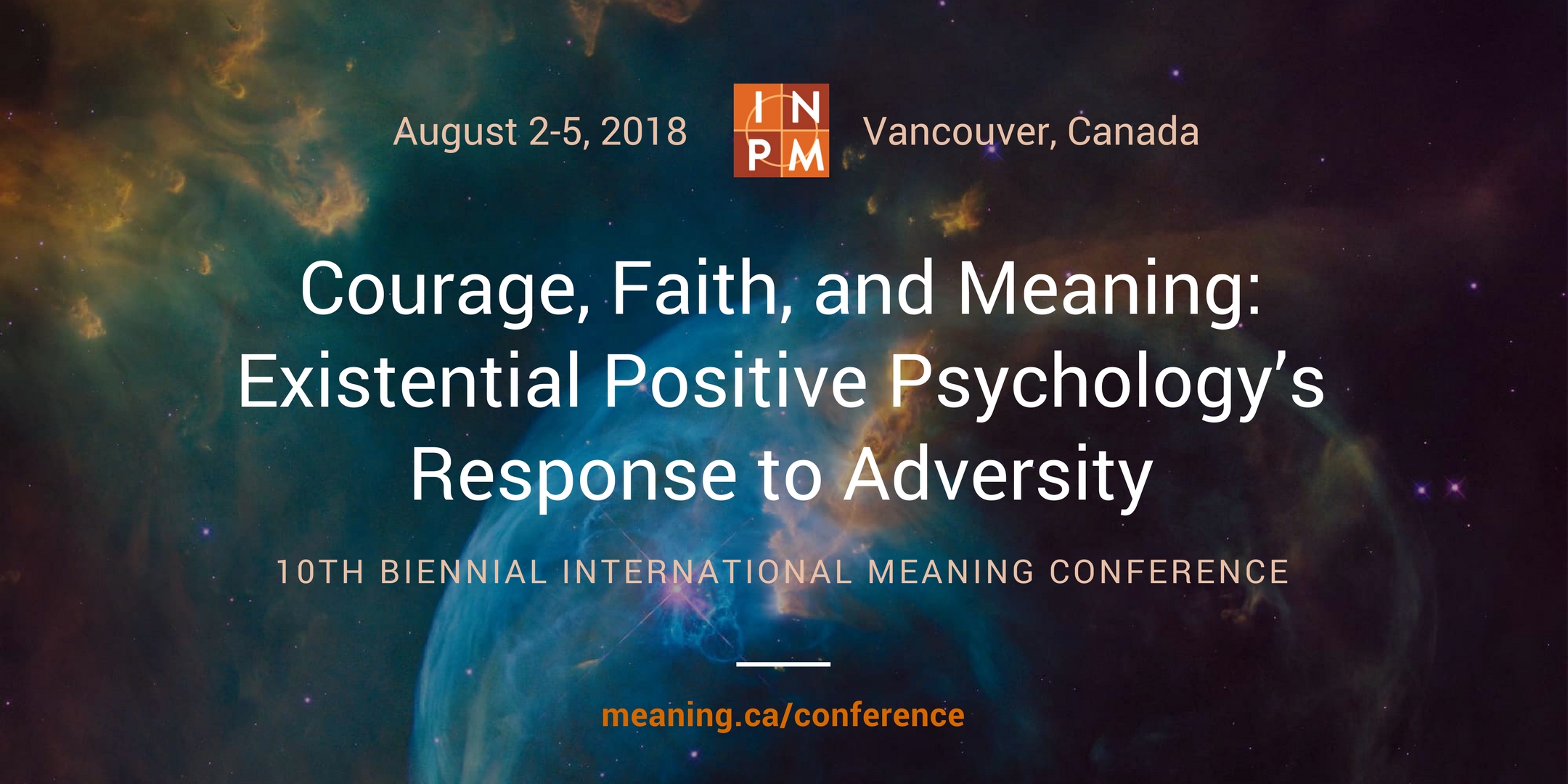
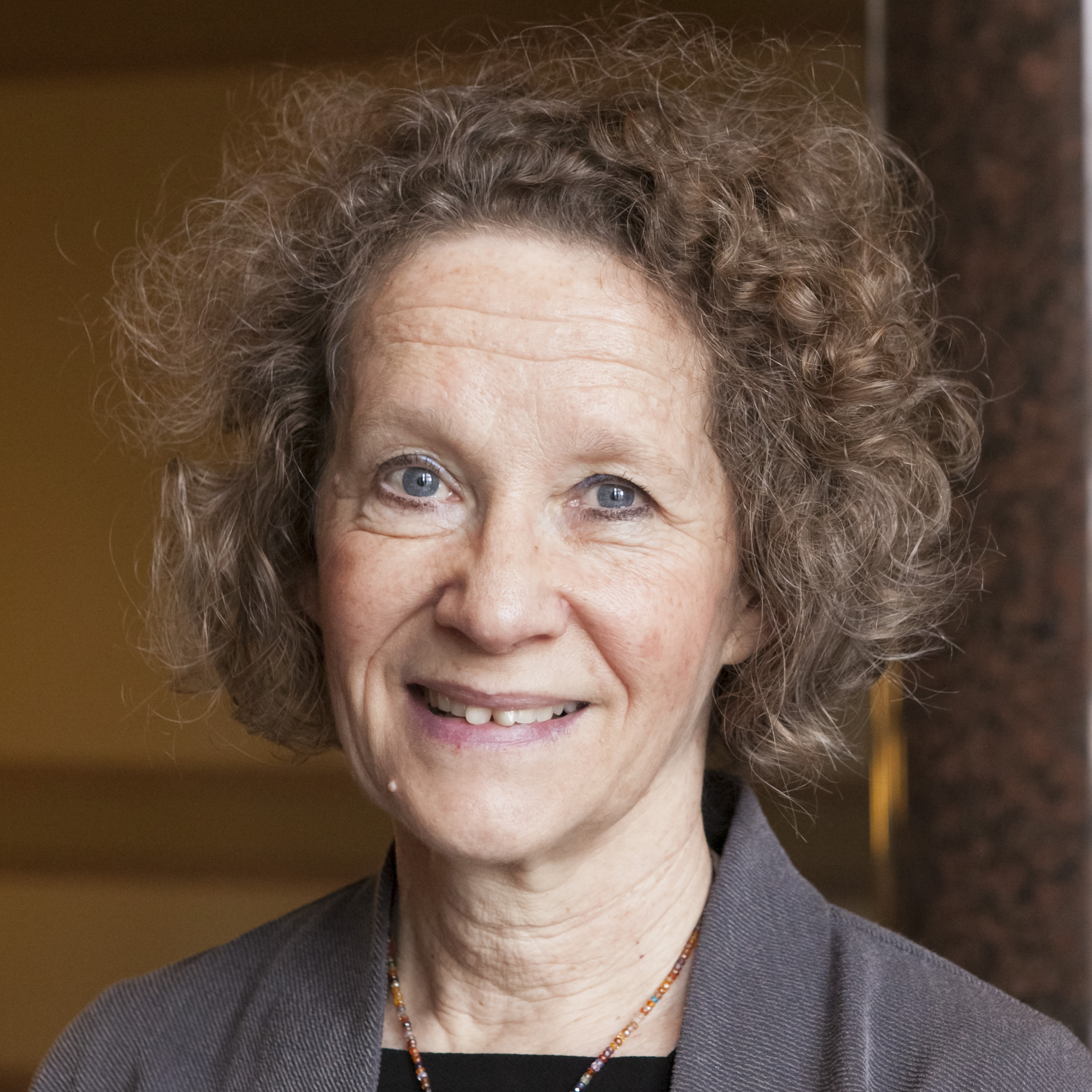
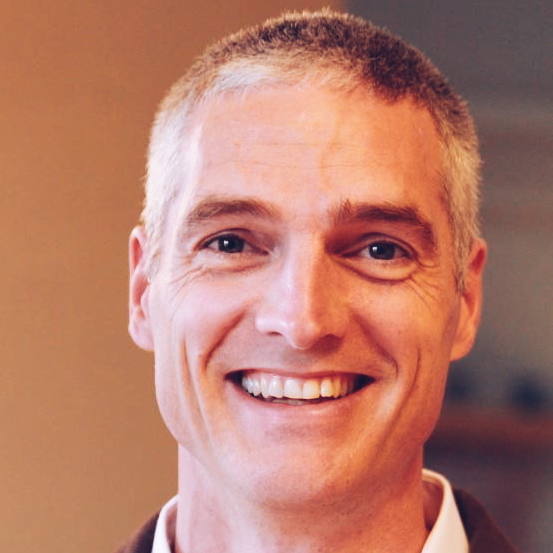
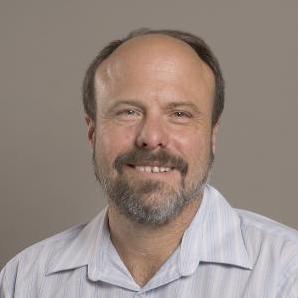

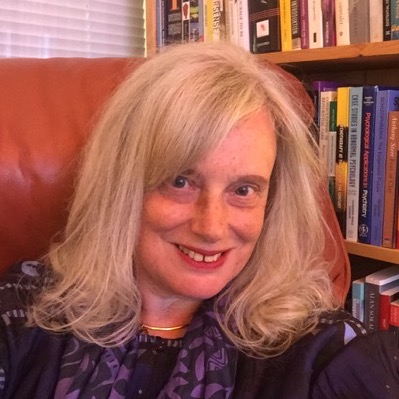
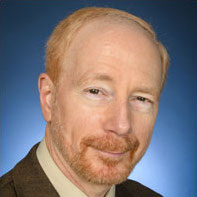
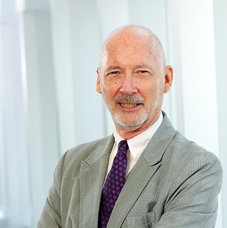
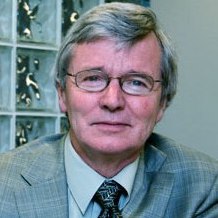
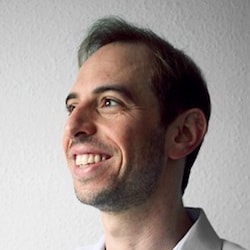

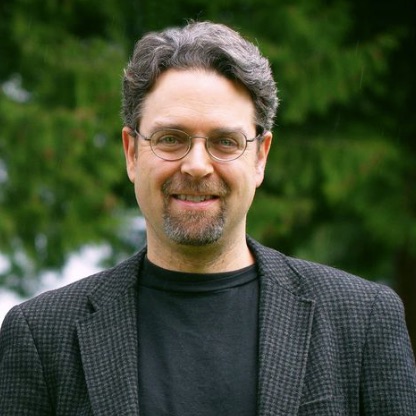
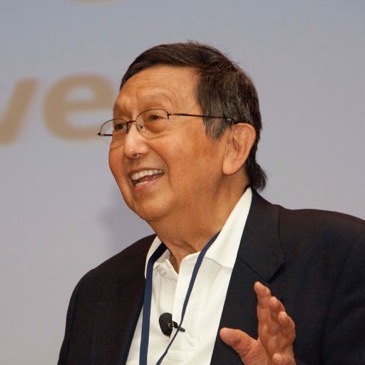
 Meaning Conference 2025 will be the INPM’s first in-person conference with a virtual option after the pandemic.
Meaning Conference 2025 will be the INPM’s first in-person conference with a virtual option after the pandemic.